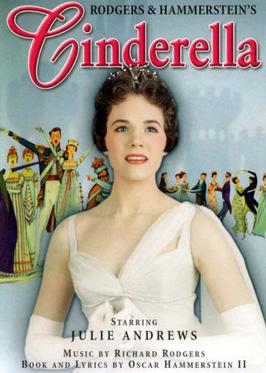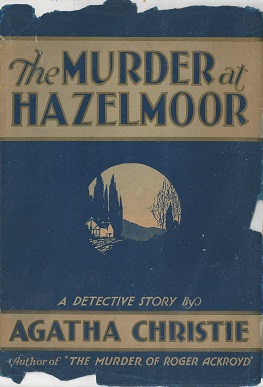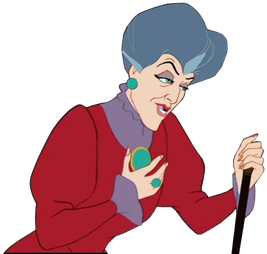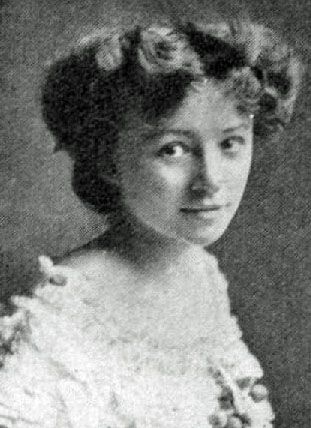
"Cinderella", or "The Little Glass Slipper", is a folk tale with thousands of variants that are told throughout the world. The protagonist is a young girl living in forsaken circumstances that are suddenly changed to remarkable fortune, with her ascension to the throne via marriage. The story of Rhodopis, recounted by the Greek geographer Strabo sometime between 7 BC and 23 AD, about a Greek slave girl who marries the king of Egypt, is usually considered to be the earliest known variant of the Cinderella story.
Cinderella Op. 87, is a ballet composed by Sergei Prokofiev to a scenario by Nikolai Volkov. It is one of his most popular and melodious compositions, and has inspired a great many choreographers since its inception. The piece was composed between 1940 and 1944. Part way through writing it Prokofiev broke off to write his opera War and Peace. The premiere of Cinderella was conducted by Yuri Fayer on 21 November, 1945, at the Bolshoi Theatre, with choreography by Rostislav Zakharov and Galina Ulanova in the title role. Cinderella is notable for its jubilant music, lush scenery, and for the comic double-roles of the stepmother and the two stepsisters, more mad than bad in this treatment.

The Slipper and the Rose: The Story of Cinderella is a 1976 British musical retelling the classic fairy tale of Cinderella. The film was chosen as the Royal Command Performance motion picture selection for 1976.
Amanda Barrie is an English actress. She appeared in two of the Carry On films before being cast as Alma Halliwell in ITV soap opera, Coronation Street, which she played on and off for 20 years. Between 2003 and 2006, she played the role of Bev Tull in the ITV prison drama, Bad Girls. She has since enjoyed a varied stage and television career.

Rodgers and Hammerstein's Cinderella is a musical written for television, but later played on stage, with music by Richard Rodgers and a book and lyrics by Oscar Hammerstein II. It is based upon the fairy tale Cinderella, particularly the French version Cendrillon, ou la petite pantoufle de verre, by Charles Perrault. The story concerns a young woman forced into a life of servitude by her cruel stepmother and self-centered stepsisters, who dreams of a better life. With the help of her fairy godmother, Cinderella is transformed into a princess and finds her prince.

Herbert Brenon was an Irish-born U.S. film director, actor and screenwriter during the era of silent films through 1940.

The Sittaford Mystery is a work of detective fiction by British writer Agatha Christie, first published in the US by Dodd, Mead and Company in 1931 under the title of The Murder at Hazelmoor and in UK by the Collins Crime Club on 7 September of the same year under Christie's original title. It is the first Christie novel to be given a different title for the US market. The US edition retailed at $2.00 and the UK edition at seven shillings and sixpence (7/6).

Victoria Clark is an American actress, musical theatre soprano, and director. Clark has performed in numerous Broadway musicals and in other theatre, film and television works. Her voice can also be heard on various cast albums and in several animated films. In 2008, she released her first solo album titled Fifteen Seconds of Grace. A five-time Tony Award nominee, Clark won her first Tony Award for Best Leading Actress in a Musical in 2005 for her performance in The Light in the Piazza. She also won the Drama Desk Award, Outer Critics Circle Award, and the Joseph Jefferson Award for the role. She won a second Tony Award for Best Leading Actress in a Musical in 2023 for her performance in Kimberly Akimbo.

Lady Tremaine is a fictional character who appears in Walt Disney Productions' animated film Cinderella (1950) and its direct-to-video sequels Cinderella II: Dreams Come True (2002) and Cinderella III: A Twist in Time (2007). In the original film, Lady Tremaine is voiced by American actress Eleanor Audley, who would later voice Maleficent, the evil fairy, in Sleeping Beauty (1959) and Madame Leota in The Haunted Mansion. For the sequels and subsequent film and television appearances, Audley was succeeded by American actress Susanne Blakeslee who also currently voices Maleficent, Cruella de Vil from 101 Dalmatians, and the Evil Queen from Snow White and the Seven Dwarfs. She is given the title of Lady in the original film.

Swing Shift Cinderella is a 1945 MGM animated cartoon short subject directed by Tex Avery. The plot involves the Big Bad Wolf and Cinderella. Frank Graham voiced the wolf, and Sara Berner voiced both Cinderella and The Fairy Grandmother, with Imogene Lynn providing the former's singing voice.
The Penny Friend is a musical with music, lyrics, and book by William Roy based on a play by J. M. Barrie, A Kiss for Cinderella. It featured Bernadette Peters in her first Off-Broadway role. William Roy later worked with Peters as a writer, arranger and conductor for her nightclub act.

Hey, Cinderella! is a 1969 television special adaptation of the fairy tale Cinderella, produced by Muppets, Inc. in the United States and Robert Lawrence Productions in Canada, and featuring The Muppets created by Jim Henson, who also directed the special. It was written by Jon Stone and Tom Whedon, and scored by the music composer of Sesame Street, Joe Raposo. It featured Kermit in his first appearance as a frog, as well as Goshposh and Rufus and Splurge.

Georgiana Caine was an American actress who performed both on Broadway and in more than 80 films in her 51-year career.

A Kiss for Cinderella is a 1925 American silent fantasy film taken from the 1916 stage play by James M. Barrie. The film stars Betty Bronson and Tom Moore and was made at Paramount's Astoria Studios in Astoria, Queens. The play had starred stage actress Maude Adams in the Bronson role.

Kissing Time, and an earlier version titled The Girl Behind the Gun, are musical comedies with music by Ivan Caryll, book and lyrics by Guy Bolton and P. G. Wodehouse, and additional lyrics by Clifford Grey. The story is based on the 1910 play, Madame et son Filleul by Maurice Hennequin, Pierre Véber and Henry de Gorsse. The story is set in contemporary France, with a glamorous actress at the centre of a farcical plot of imposture, intrigue and mistaken identity.

Hilda Trevelyan was an English actress. Early in her career she became known for her performance in plays by J. M. Barrie, and is probably best remembered for creating the role of Wendy in Peter Pan.

Rodgers + Hammerstein's Cinderella is a musical in two acts with music by Richard Rodgers, lyrics by Oscar Hammerstein II, and a book by Douglas Carter Beane based partly on Hammerstein's 1957 book. The story is derived from the fairy tale Cinderella, particularly the French version Cendrillon ou la petite pantoufle de verre, by Charles Perrault. The story concerns a young woman forced into a life of servitude by her cruel stepmother. She dreams of a better life, and with the help of her Fairy Godmother, Cinderella is transformed into an elegant young lady and is able to attend the ball to meet her Prince. In this version, however, she opens the Prince's eyes to the injustice in his kingdom.

Once Upon a One More Time is a jukebox musical based on songs popularized by Britney Spears. Set in a fantasy storybook realm, the plot follows numerous fairy-tale characters transformed by a feminist awakening.

Andrew Lloyd Webber's Cinderella, produced on Broadway as Bad Cinderella, is a musical with music by Andrew Lloyd Webber, lyrics by David Zippel, and a book by Emerald Fennell. Loosely adapted from the classic story of the same name, plot changes include recast gender relationships and thematic exploration of beauty shaming. Cinderella changes her appearance to secure love, but discovers it is better to be true to oneself.
















